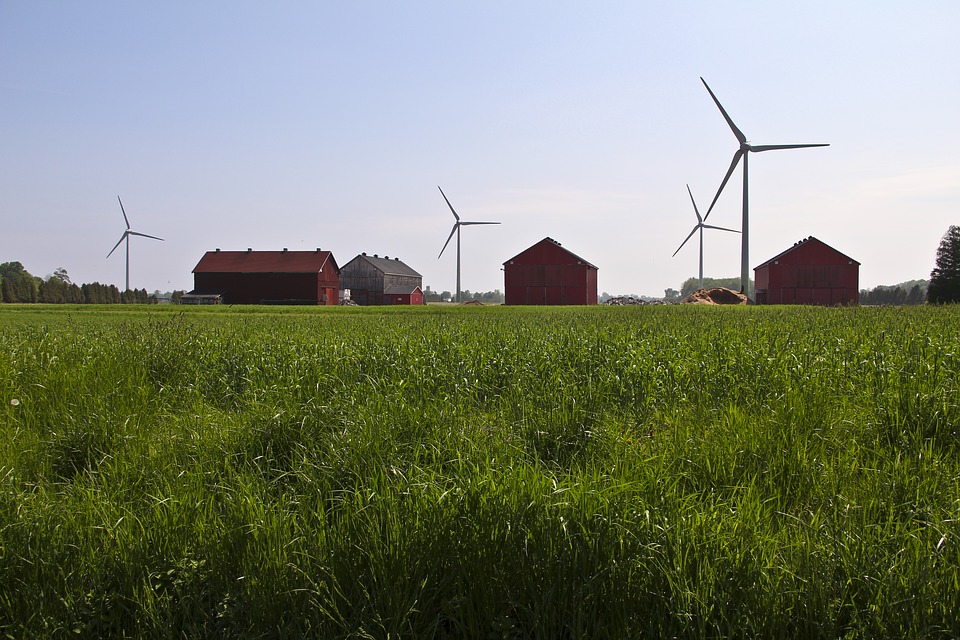Micro-wind installations for businesses.
The government has adopted draft legislation to simplify business operations, facilitate succession and streamline administrative procedures, the Prime Minister’s office said on Monday. The new rules provide for exemption from permit for construction of small wind turbines up to 3 m high.
As the Prime Minister’s office recalled, in recent years the government has adopted a number of comprehensive pro-business laws that have facilitated the rules on running companies in Poland. This includes the so-called “Constitution for Businesses”, which was aimed at reforming and simplifying the rules for conducting business, and “100 Changes for Companies – a Package of Simplifications for Entrepreneurs”, whose task was to spread the administration’s partnership approach to citizens, facilitate cooperation between authorities, as well as streamline and accelerate procedures.
In addition, faster and more efficient administrative procedures are to be introduced; including a requirement to serve, along with a notice of inspection, a preliminary list of documents and information that will be necessary during the inspection. The so-called soft summons, that is, the opportunity to address a business, without initiating proceedings, with a request to present a position has been introduced as well. It will also be possible to provide annexes to decisions on a durable medium other than paper.
Importantly, the catalogue of investments that are exempt from building permits will also be expanded. The list will include small wind turbines that are up to 3 meters high. “The new regulation aims to simplify and accelerate the investment and construction process for this type of facilities. The solution will also encourage investors to build small wind turbines with a height of up to 3 m. This is especially important in the context of the need to move to a low – carbon economy and the development of renewable energy sources,” the PM’s office explained.
The new arrangements are due to come into force on 1 January 2024.
Polish Press Agency / Jacek Perzyński
Poles extend transition time in Brussels
The Energy Efficiency Directive was adopted by the European Parliament with an extension of the transition period for the heating sector, which the Poles sought.
During the plenary session in Strasbourg, the above-mentioned directive (EED), which is part of the Fit for 55 legislative package, was voted on. Among other things, the Poles have included in the directive changes to the definition of an efficient heating system and a transitional period for the introduction of an emission standard of 270 g CO2 per kilowatt-hour in existing combined heat and power plants. Poland’s 80% coal-dependent district heating system could not meet this standard and would have to be shut down later this decade once the legislation will be transposed in autumn 2025. The new regulation also promotes heat pumps as a direction of change in the heating industry.
“We successfully defended our heating industry. This is great news for many local governments, but especially for 15 million Polish people, whose apartments and houses are supplied with heat by the heating industry. The shift of this sector in Poland towards renewable sources, heat pumps or waste heat generated in the processes of energy processing in energy equipment is very necessary and inevitable; however, it is important that this transformation takes place in an efficient, cost-effective and socially fair way. The directive in its current form – with more realistic and flexible standards than in the initial proposal of the European Commission – gives this a chance. We have sought this from the beginning in the European Parliament – and we have succeeded. Let’s use it!,” said member of the European People’s party Jerzy Buzek.
European People’s Party / Wojciech Jakóbik

 PL
PL EN
EN





